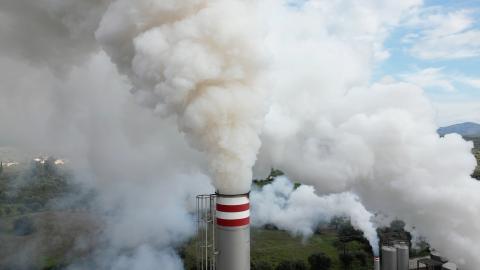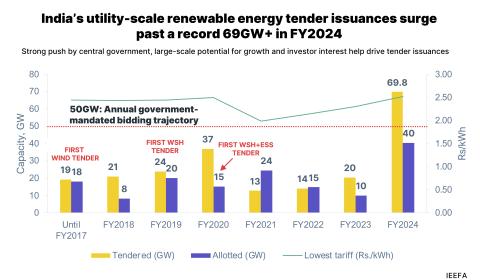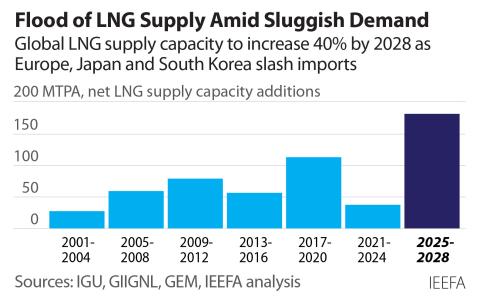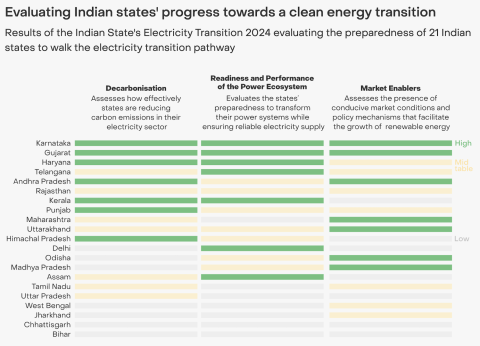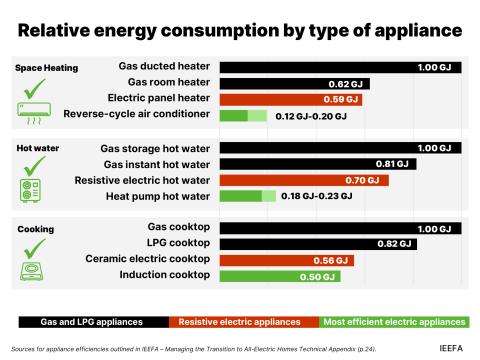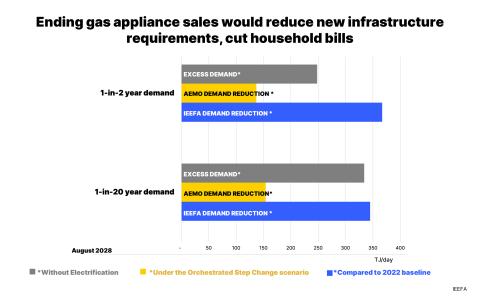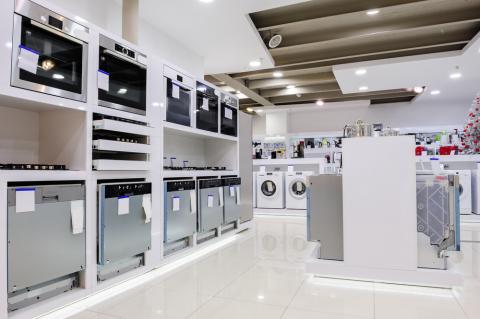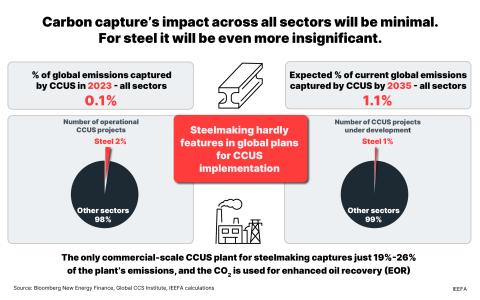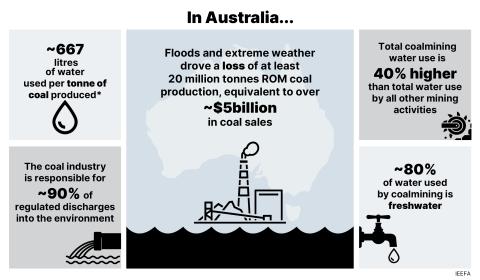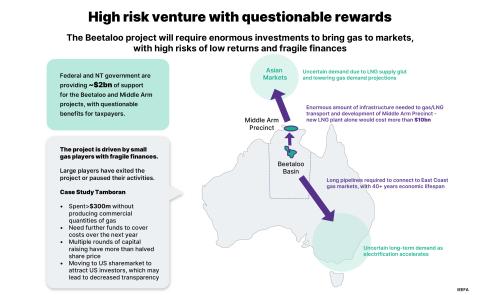Plans to sell state-owned utility STEAG risk delaying Germany’s coal exit goals in 2030

Key Takeaways:
STEAG’s coal exit plan is so far non-existent, which creates a risk that the current 4.1 GW of coal-fired generation will keep running until 2038, Germany’s cut-off date, and will push Germany to miss its coal exit targets in 2030
The announced sale of the company confirms that STEAG’s coal exit strategy will be short-lived, and the new buyer is expected to maximise the existing coal fleet’s lifetime
STEAG is the second-most polluting power utility in Europe, with a CO2 emission factor of 927 Kg/MWh in 2021, out of 25 European utilities assessed
The company owners should consider postponing the sale until a binding decommissioning plan is in place, or only selling STEAG to a buyer who publicly commits to a coal phaseout strategy
Selling STEAG without a binding coal decommissioning plan might result in 4.1 GW of coal operating until 2038 and will delay Germany’s Energiewende
Berlin, 1 June 2023 | The announced sale of state-owned utility STEAG could create an obstacle to advancing Germany’s coal exit strategy through 2038, unless a binding decommissioning plan is put in place as part of the sale process.
With 4.1 gigawatts (GW) of current coal generation and no binding coal phaseout plan in sight yet, STEAG’s operating coal fleet might push Germany to miss its goal of 9 GW of operating coal plants by 2030 and delay the Energiewende through 2038, the country’s cut-off date for coal generation.
STEAG is the second-most polluting power utility in Europe, with a CO2 emission factor of 927 kilograms per megawatt-hour (Kg/MWh). The company has not yet released a decarbonisation plan.
The decision to sell STEAG, which has been losing money for the majority of the past decade, was announced in late 2022 and seemingly takes advantage of a high power price environment that can make the company more attractive to buyers.
There is a risk that STEAG’s buyer might maximise the coal fleet’s lifetime until it is compulsory decommissioned. Although STEAG’s coal phaseout plan is expected to be published this year, it will not be binding for the new owner after acquisition.
Selling STEAG to a private owner with a profit maximisation goal is neither timely nor helpful for paving the way for Germany’s coal exit strategy. As a state-owned company, STEAG’s owners have a responsibility to implement Germany’s national coal exit targets as described in the Energiewende.
Alternative pathways include postponing STEAG’s sale until all plants have a binding decommissioning date, or only selling the company to a buyer who publicly promises to implement STEAG’s coal exit strategy.
“As a state-owned company, STEAG’s management should set the standard for a planned and effective coal phaseout strategy that upholds and accelerates Germany’s Energiewende agenda,” said Jonathan Bruegel, author of the report and an IEEFA power sector analyst. “We’re seeing the opposite—STEAG’s owners, made up of municipal authorities, are rushing to sell Europe’s second-most polluting utility to maximise profits, underestimating the impact it will have on Germany’s decarbonisation ambitions.
“Power market fundamentals alone won’t be enough to push STEAG’s coal fleet out of the energy mix—if Germany is serious about its Energiewende targets then governments must intervene into this sale before it’s too late.”
STEAG is due to release its NZE goals in the second quarter of 2023, but it is still very uncertain. There is a risk that the municipalities owning STEAG are neither steering nor promoting this transition.
In the Nord Rhein Westphalia state, there are currently talks to bring the coal phaseout forward to 2030, which would increase the pressure on STEAG to decommission its plants since it would be the only coal operator left in the state.
STEAG is a wholly owned subsidiary of KSBG KG, a consortium of six German municipal utilities: Stadtwerke Duisburg AG, DSW21, Stadtwerke Bochum GmbH, Stadtwerke Essen AG, Energieversorgung Oberhausen AG, and Stadtwerke Dinslaken GmbH.
The sale process is expected to start in May 2023. A copy of the report was sent to STEAG and KSBG KG.
Read the full report: STEAG’s Uncertain and Slow Decarbonisation Strategy
Read the full report in German: Ungewisse und zögerliche Dekarbonisierungsstrategie der STEAG
About IEEFA
The Institute for Energy Economics and Financial Analysis (IEEFA) examines issues related to energy markets, trends and policies. The Institute’s mission is to accelerate the transition to a diverse, sustainable and profitable energy economy. www.ieefa.org
Press contacts
Sofia Russi | [email protected] | +393493229728
Jules Scully | [email protected] | +44 7594 920255


